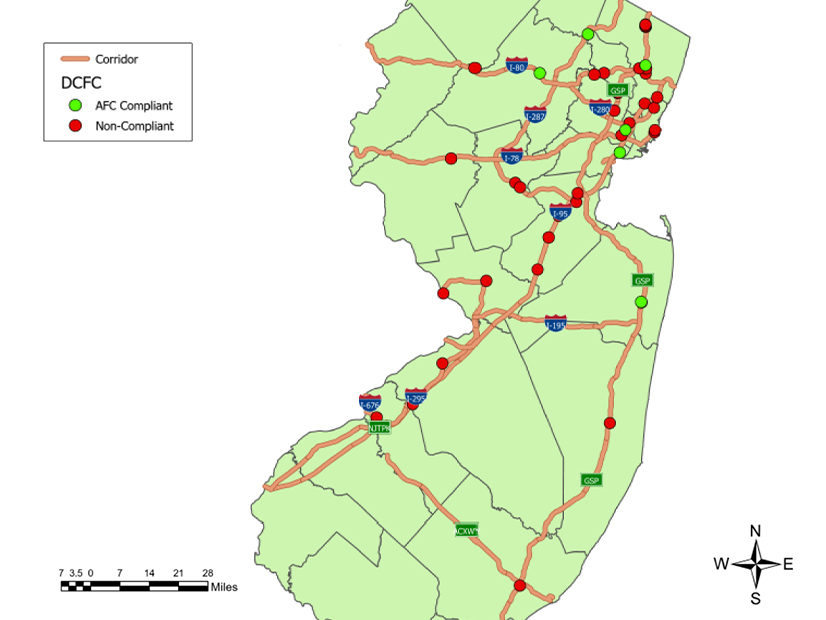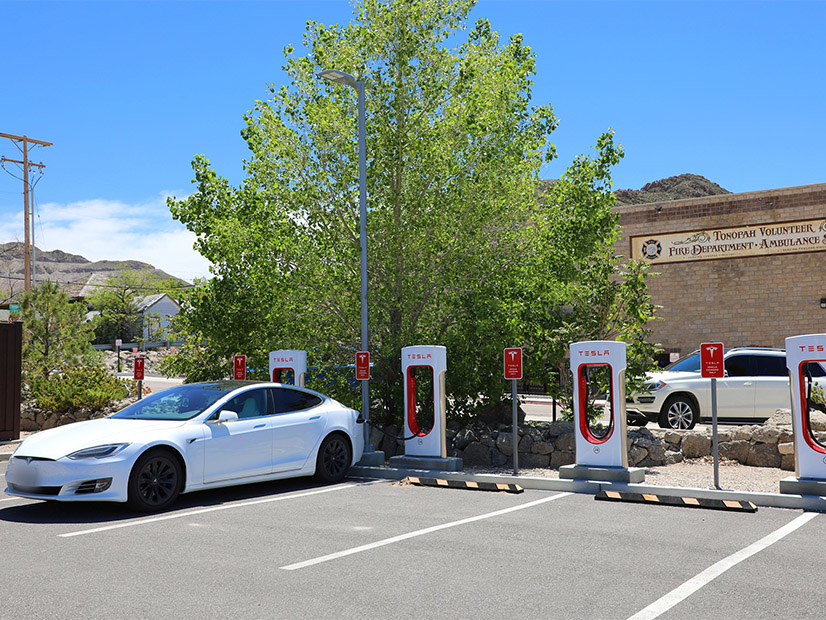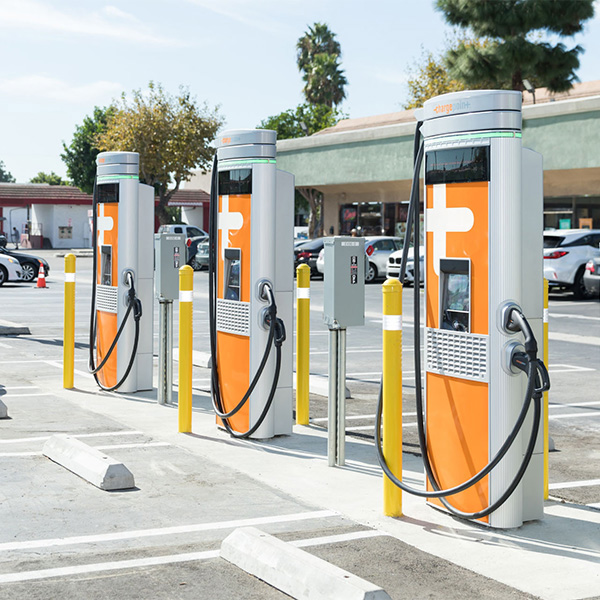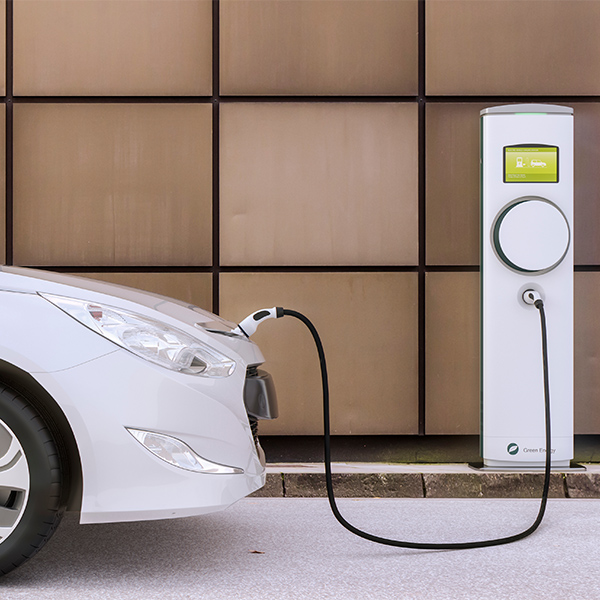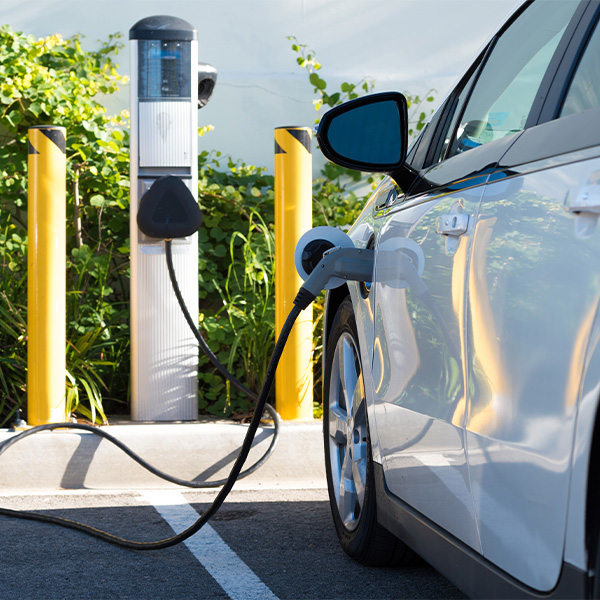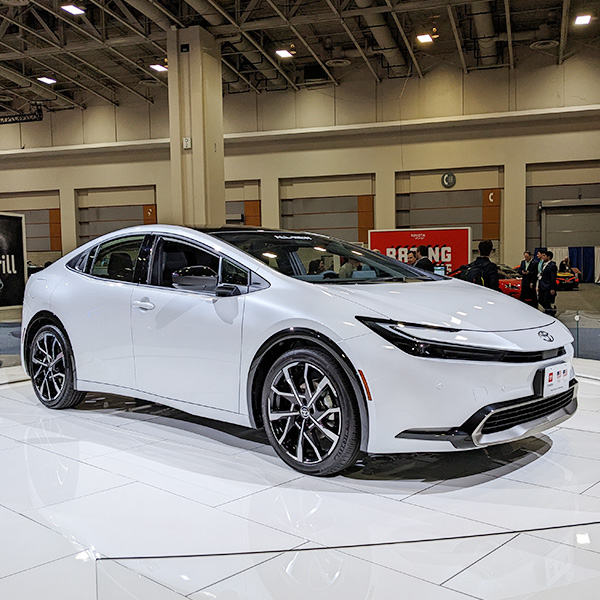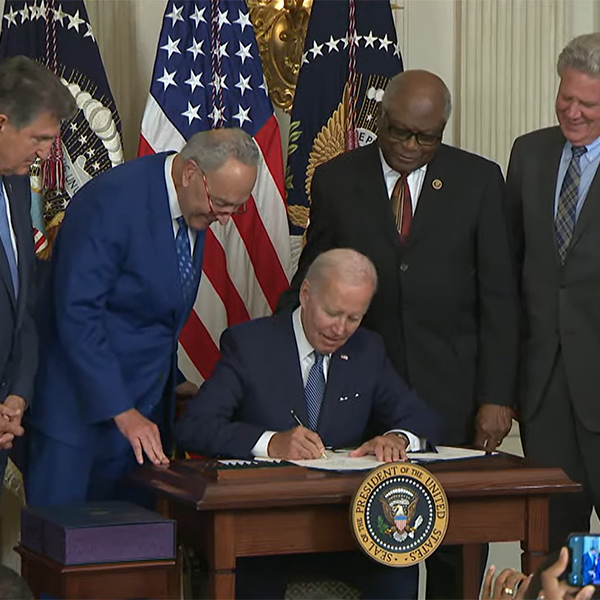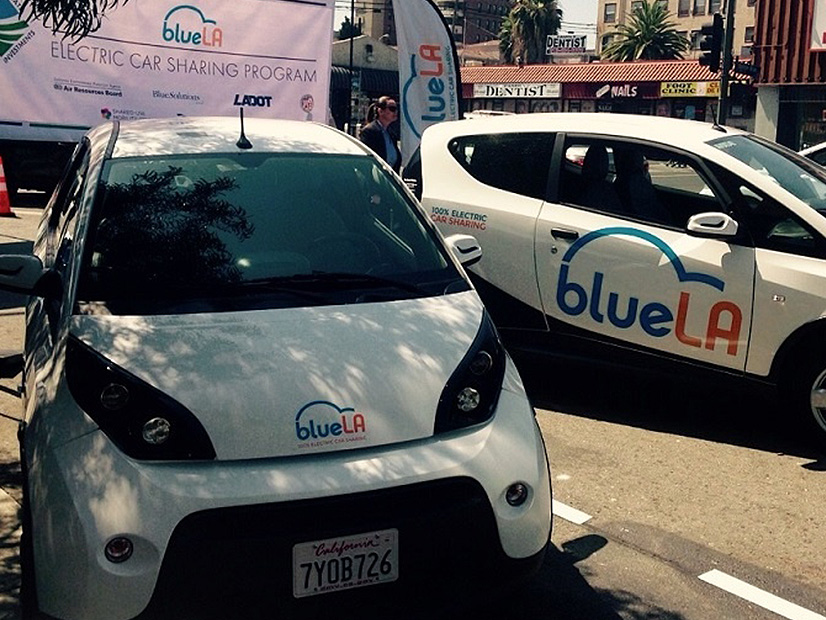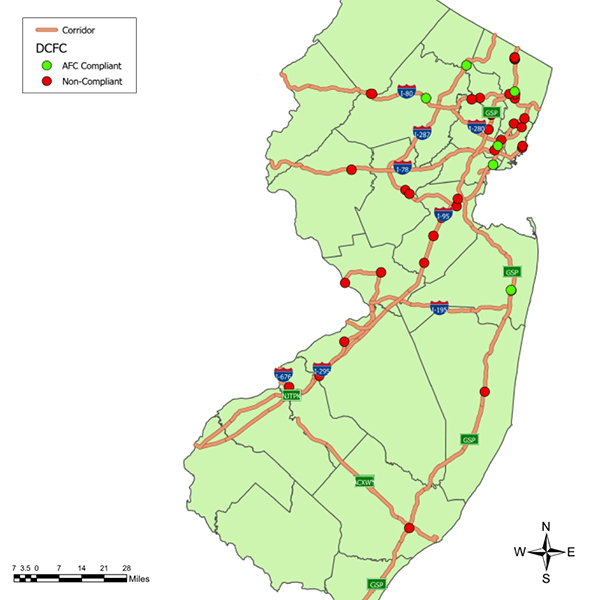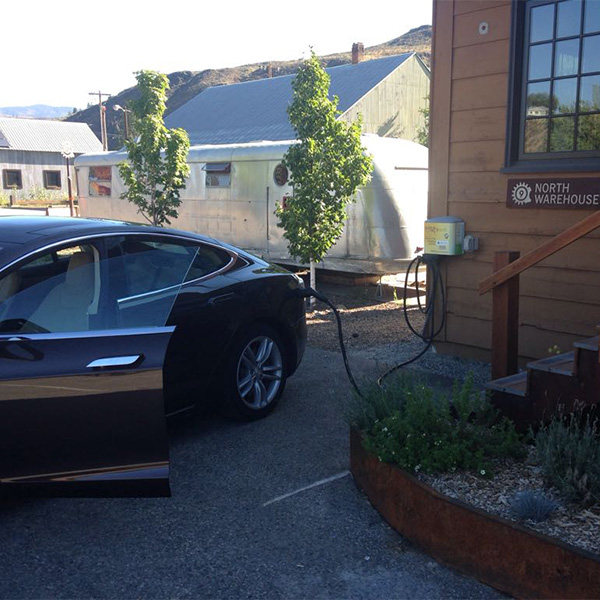National Electric Vehicle Infrastructure (NEVI) program
A rest stop operator is negotiating with the New Jersey Turnpike Authority to install electric vehicle chargers along the state’s two main highway arteries.
The state is looking to deploy its NEVI funds while assisting other entities with obtaining additional federal grants to expand charging.
The U.S. Department of Transportation announced a new round of funding aimed at putting EV chargers “particularly in underserved and disadvantaged communities.”
The FHWA announced key details of its effort to create a national EV charging network, including minimum standards and a plan for domestic content requirements.
During a webinar produced by the EV Charging Initiative, stakeholders focused on the challenges and costs of electrifying the nation’s transportation sector.
While EVs are on the floor they are by no means the main attraction, and much uncertainty remains about how fast automakers can build out their supply chains.
The biggest clean energy story of 2022 was passage of the Inflation Reduction Act, rising improbably from the ashes of President Biden’s Build Back Better Act.
When trying to incorporate equity into EV programs, simply placing a charger in a disadvantaged community is not enough, speakers said during a Western summit.
New Jersey’s plan for spending $104 million in funds from the National Electric Vehicle Infrastructure program faced a barrage of stakeholder questions.
Washington needs to do a large amount of legwork to prepare for Gov. Inslee’s mandate banning the sale of new gas-powered cars by 2035, state officials said.
Want more? Advanced Search
